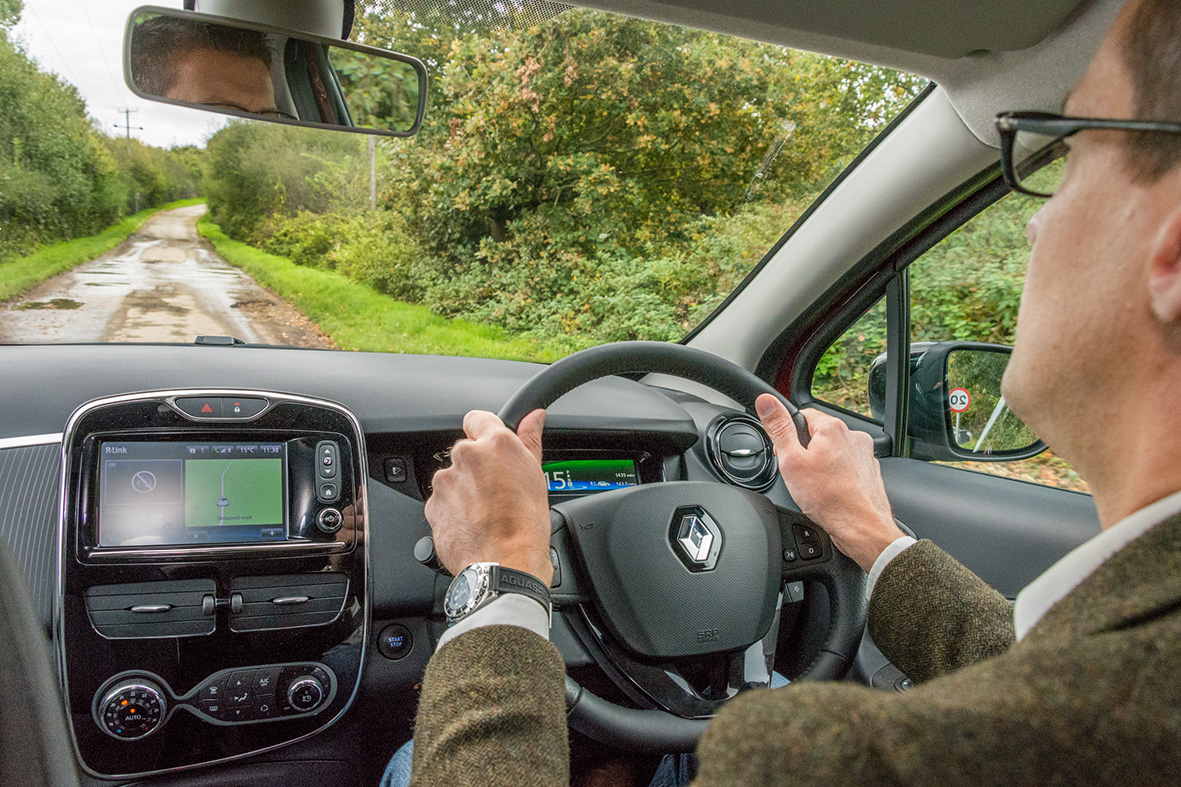New blood test to check if drivers are drowsy
Researchers hope detecting whether motorists are sleep deprived could help prevent road accidents

A free daily email with the biggest news stories of the day – and the best features from TheWeek.com
You are now subscribed
Your newsletter sign-up was successful
A new blood test that can detect if a person is sleep deprived may help cut the thousands of road crashes caused by drowsy drivers each year, according to experts.
Previous studies have shown that “drivers who get just one to two hours less than the recommended daily allowance in a 24-hour period nearly double their risk for a car crash”, says the EurekAlert! science news site.
In a bid to combat that threat through blood testing, researchers from the University of Surrey conducted a study to find out if peoples’ genes change when they are sleep deprived.
The Week
Escape your echo chamber. Get the facts behind the news, plus analysis from multiple perspectives.

Sign up for The Week's Free Newsletters
From our morning news briefing to a weekly Good News Newsletter, get the best of The Week delivered directly to your inbox.
From our morning news briefing to a weekly Good News Newsletter, get the best of The Week delivered directly to your inbox.
Dr Emma Laing, who worked on the study, said: “We all know that insufficient sleep poses a significant risk to our physical and mental health, particularly over a period of time. However, it is difficult to independently assess how much sleep a person has had, making it difficult for the police to know if drivers were fit to drive, or for employers to know if staff are fit for work.”
The research team, led by Derk-Jan Dijk at the university’s Sleep Research Centre, “took blood samples from 36 participants before and after skipping one night of sleep”, reports the Daily Mirror.
During this 40-hour period of sleep deprivation, blood samples were taken for gene analysis. Using a machine-learning algorithm, the scientists identified a subset of 68 genes linked to sleep-deprivation.
Results revealed that the algorithm could detect whether a sample was from a well-rested or sleep-deprived individual with 92% accuracy.
A free daily email with the biggest news stories of the day – and the best features from TheWeek.com
Study co-author Professor Simon Archer said: “Identifying these biomarkers is the first step to developing a test which can accurately calculate how much sleep an individual has had. The very existence of such biomarkers in the blood after only a period of 24-hour wakefulness shows the physiological impact a lack of sleep can have on our body."
Dijk added: “This is a test for acute total sleep loss - the next step is to identify biomarkers for chronic insufficient sleep, which we know to be associated with adverse health outcomes.”